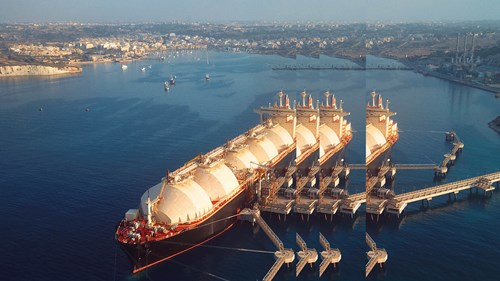Expedited Procedure Provisions under new ICC Arbitration Rules
New ICC Rules 2017 offer parties expedited arbitration proceedings
On 1 March 2017, the new revised Rules of Arbitration of the International Chamber of Commerce in Paris (ICC) come into force. The aim of the revision is to shorten the time taken to conduct ICC arbitration proceedings and to make the procedural decisions of the International Court of Arbitration more transparent for the parties. The new ICC Rules 2017 apply to all ICC arbitration proceedings initiated from 1 March 2017 unless the parties have explicitly agreed on a particular earlier version of the ICC Rules in their arbitration agreement.
The new ICC Rules 2017 contain a number of key reforms:
New ICC Expedited Procedure Provisions
The most important amendment in the new ICC Rules 2017, which is also the most relevant change for the parties, is the introduction of the Expedited Procedure Provisions in Article 30 of the ICC Rules 2017 and the new Appendix VI. The Expedited Procedure Provisions apply if
- the arbitration agreement was concluded on or after 1 March 2017,
- the amount in dispute does not exceed USD 2 million at the time of the Answer to the Request for Arbitration and
- the parties have not agreed to opt out of the Expedited Procedure Provisions
ICC arbitrations with an amount in dispute up to USD 2 million will automatically be conducted as expedited proceedings, if the arbitration agreement was concluded on or after 1 March 2017, unless the parties have explicitly agreed to opt out of the Expedited Procedure Provisions. The Expedited Procedure Rules essentially contain the following special features:
- the International Court of Arbitration can appoint a sole arbitrator even if the individual arbitration agreement provides for a tribunal consisting of three arbitrators
- once the arbitral tribunal has been constituted, the parties are generally unable to make new claims in the ongoing proceedings
- the sole arbitrator can exclude or limit requests for document production
- a hearing is optional and is only held if the sole arbitrator believes that it is necessary
- the final award has to be rendered within six months
- there are no terms of reference and the arbitral tribunal has to hold the case management conference no later than 15 days after receiving the files
Parties with “old” arbitration agreements concluded before 1 March 2017 can agree on an opt-in in order to utilise the benefits of the Expedited Procedure Rules. Similarly, where the amount in dispute exceeds USD 2 million, the parties can voluntarily agree on expedited proceedings.
Summary of other revisions to the ICC Rules 2017
- The arbitral tribunal has only one month instead of two to draft the Terms of Reference and transmit them to the International Court of Arbitration. This shorter time limit is intended to reduce the costs at this early stage of the proceedings and to enable the arbitral tribunal to start working on the merits more quickly
- The International Court of Arbitration now has the possibility to inform the parties about its reasons for appointing, confirming, rejecting or replacing an arbitrator. This is intended to make the procedural decisions of the International Court of Arbitration more transparent for the parties and thereby increase the parties’ acceptance of these decisions
Conclusion: The automatic nature of the new ICC Rules 2017, triggering expedited proceedings for amounts in dispute of up to USD 2 million, is reason for parties to become aware of the pros and cons the new ICC Expedited Procedure Rules before entering into an arbitration agreement and to consider opting for classical ICC arbitration proceedings.
The revised ICC Rules 2017 are accessible here.
Well
informed
Subscribe to our newsletter now to stay up to date on the latest developments.
Subscribe now







.jpg?t=a-s&arw=16&arh=9&arm=focuspoint&w=500)
